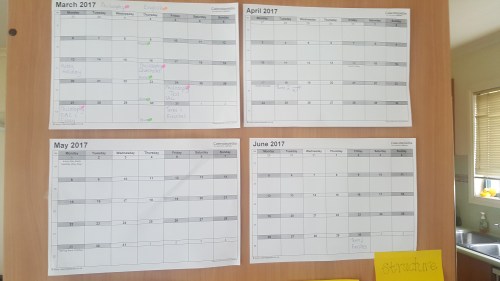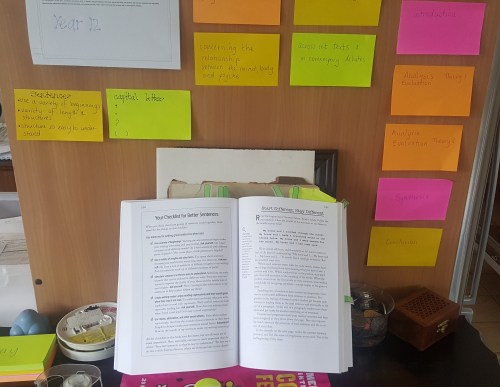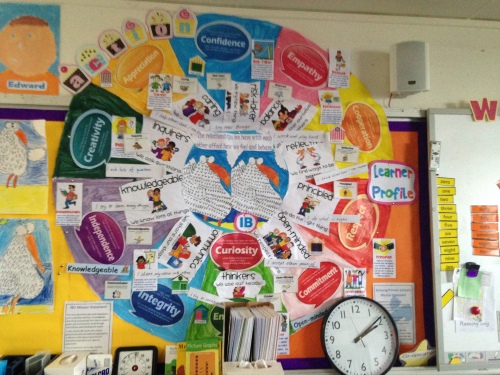Lieserl, daughter of Albert Einstein gave 1,400 letters written by her father to the Hebrew University. Below is a letter from Einstein to his daughter.

“When I proposed the theory of relativity, very few understood me, and what I will reveal now to transmit to mankind will also collide with the misunderstanding and prejudice in the world.
I ask you to guard the letters as long as necessary, years, decades, until society is advanced enough to accept what I will explain below.
There is an extremely powerful force that, so far, science has not found a formal explanation to. It is a force that includes and governs all others, and is even behind any phenomenon operating in the universe and has not yet been identified by us.
This universal force is LOVE.
When scientists looked for a unified theory of the universe they forgot the most powerful unseen force.
Love is Light, that enlightens those who give and receive it.
Love is gravity, because it makes some people feel attracted to others.
Love is power, because it multiplies the best we have, and allows humanity not to be extinguished in their blind selfishness. Love unfolds and reveals.
For love we live and die.
Love is God and God is Love.
This force explains everything and gives meaning to life. This is the variable that we have ignored for too long, maybe because we are afraid of love because it is the only energy in the universe that man has not learned to drive at will.
To give visibility to love, I made a simple substitution in my most famous equation.
If instead of E = mc2, we accept that the energy to heal the world can be obtained through love multiplied by the speed of light squared, we arrive at the conclusion that love is the most powerful force there is, because it has no limits.
After the failure of humanity in the use and control of the other forces of the universe that have turned against us, it is urgent that we nourish ourselves with another kind of energy…
If we want our species to survive, if we are to find meaning in life, if we want to save the world and every sentient being that inhabits it, love is the one and only answer.
Perhaps we are not yet ready to make a bomb of love, a device powerful enough to entirely destroy the hate, selfishness and greed that devastate the planet.
However, each individual carries within them a small but powerful generator of love whose energy is waiting to be released.
When we learn to give and receive this universal energy, dear Lieserl, we will have affirmed that love conquers all, is able to transcend everything and anything, because love is the quintessence of life.
I deeply regret not having been able to express what is in my heart, which has quietly beaten for you all my life. Maybe it’s too late to apologize, but as time is relative, I need to tell you that I love you and thanks to you I have reached the ultimate answer! “
Your father Albert Einstein
Cheers Nina


 I’m a member of a number of teacher forums and have been surprised by the increasing number of teachers looking to leave our profession. Some of these teachers are still in their first years of teaching and some are very experienced. What I found confronting was… that it is not always the classroom, students, work load or parents creating issues, it is the behaviour of other teacher colleagues and the employment process!
I’m a member of a number of teacher forums and have been surprised by the increasing number of teachers looking to leave our profession. Some of these teachers are still in their first years of teaching and some are very experienced. What I found confronting was… that it is not always the classroom, students, work load or parents creating issues, it is the behaviour of other teacher colleagues and the employment process! The
The 


 Teaching genre is crucial for all ages. Structure helps the writer keep on track. We also revised
Teaching genre is crucial for all ages. Structure helps the writer keep on track. We also revised 

 Recently I’ve noticed that one of my posts is receiving many views. The post is about
Recently I’ve noticed that one of my posts is receiving many views. The post is about 













